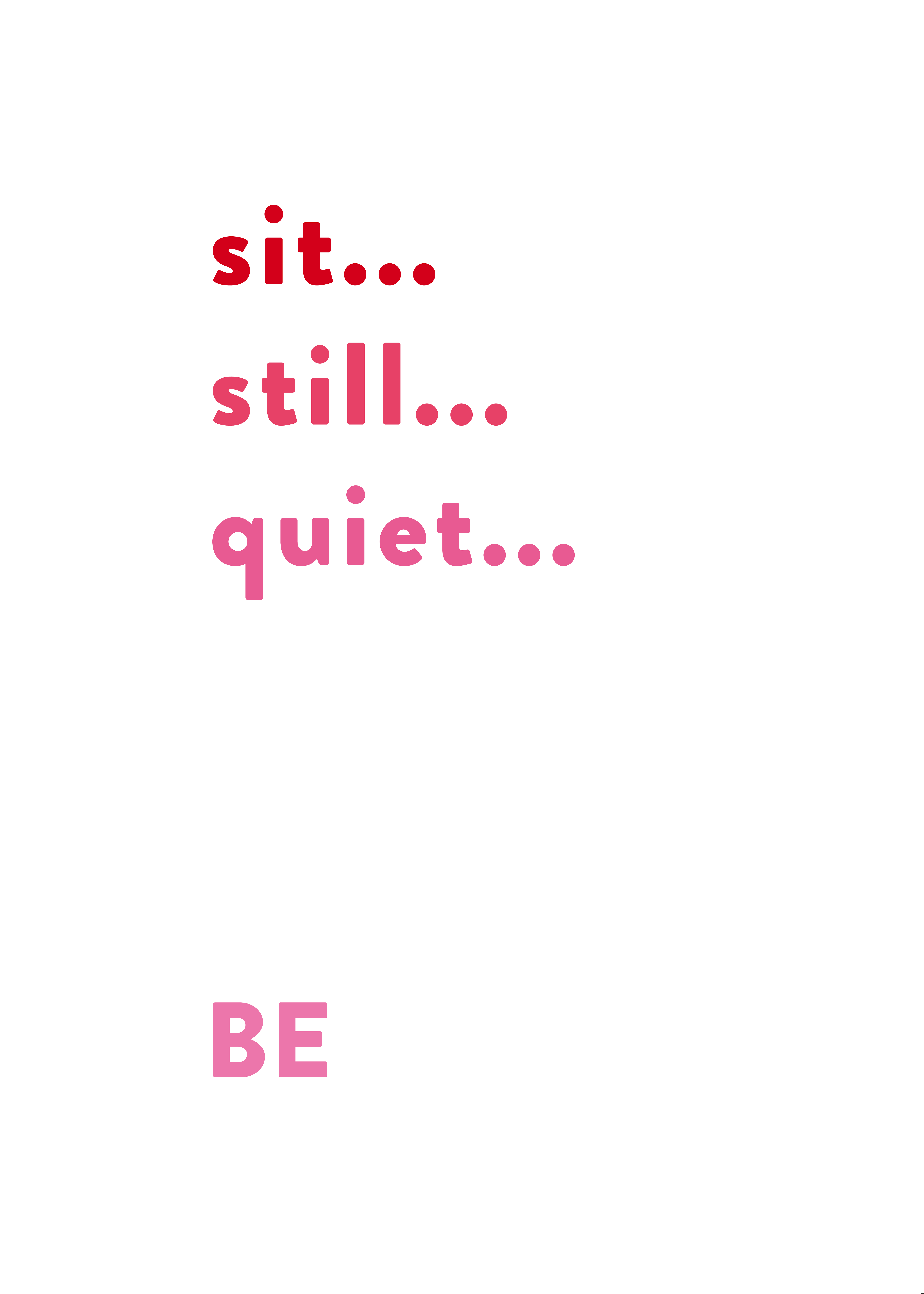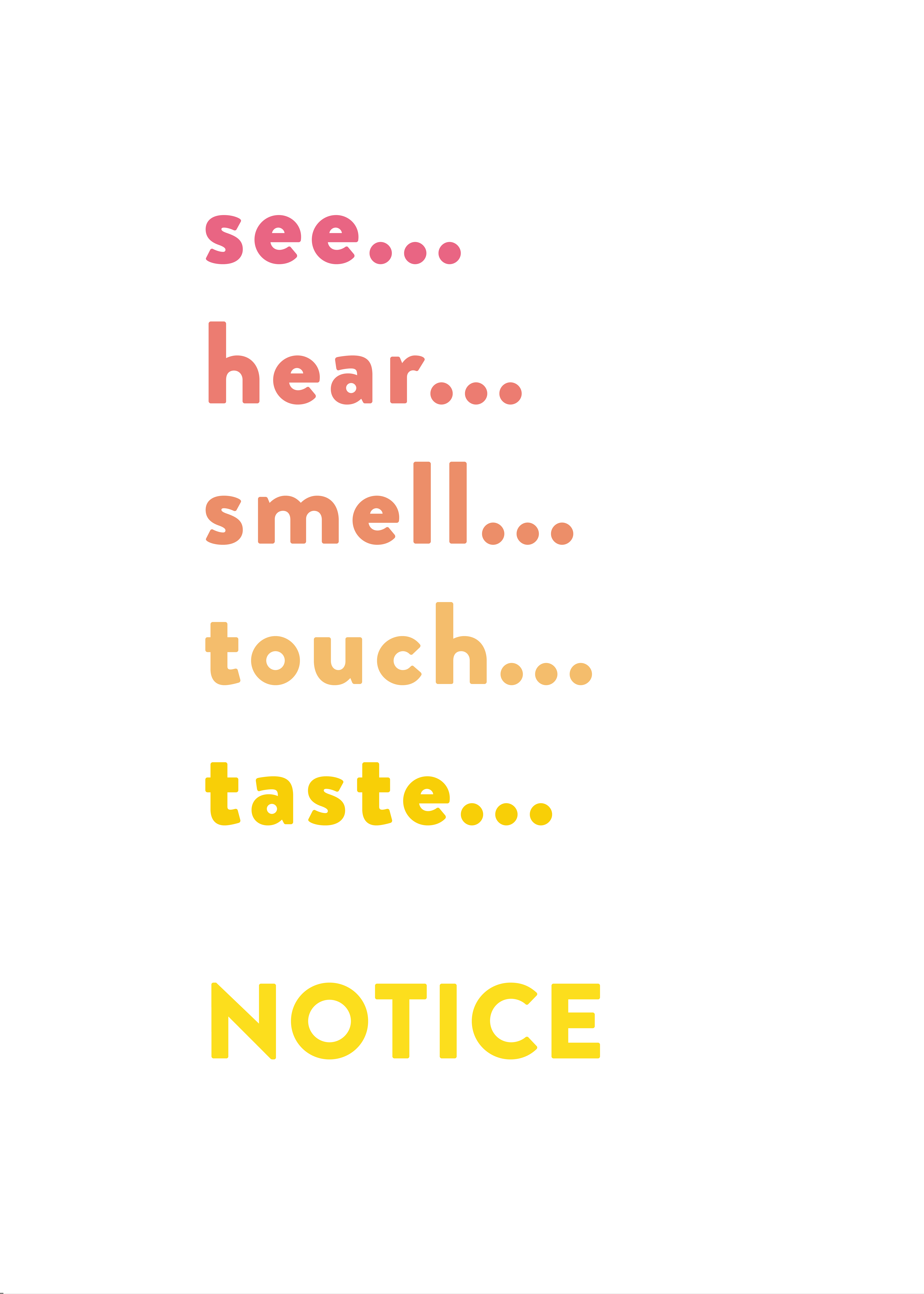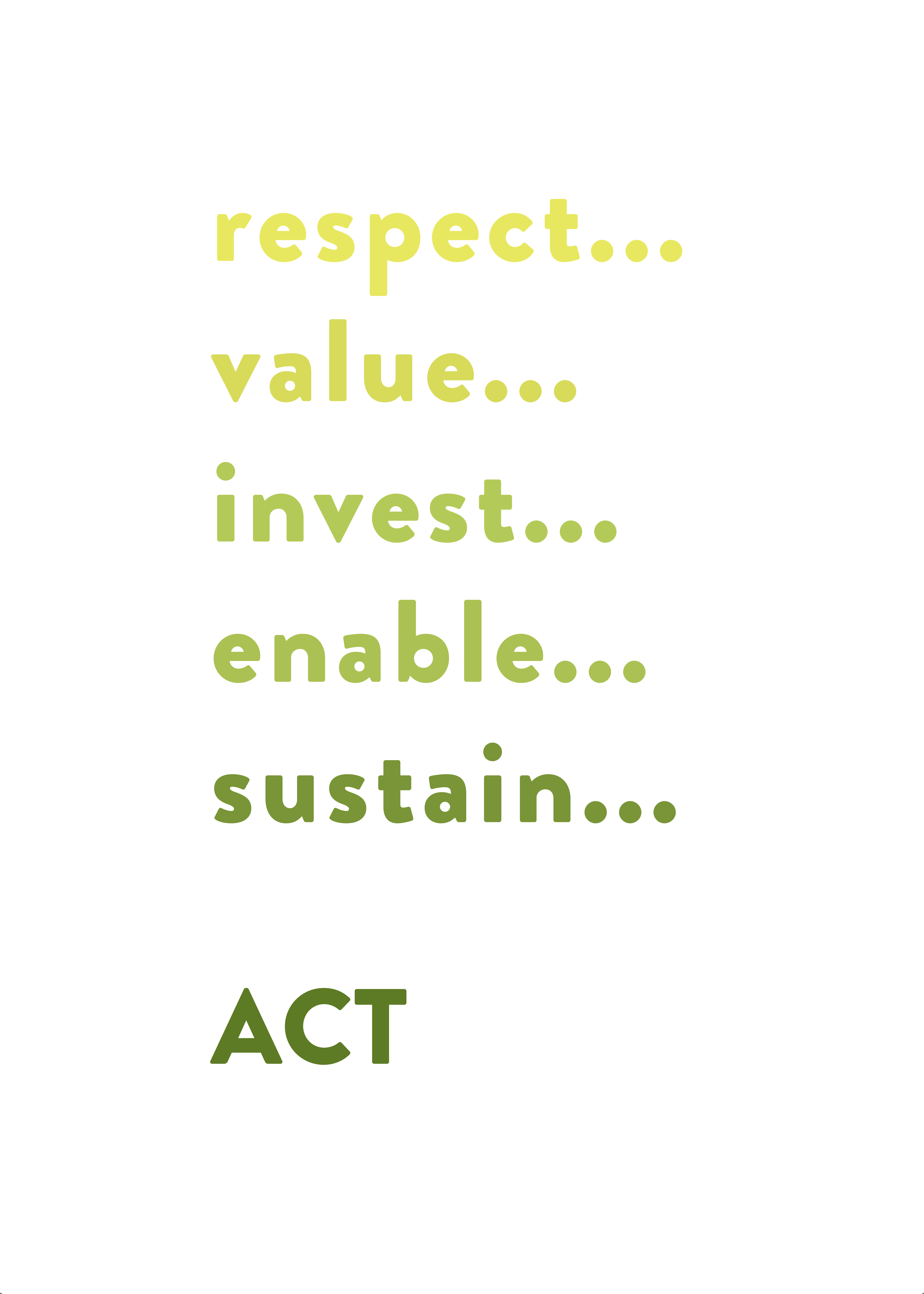


The Ego to Eco project was created by Joanna Rucklidge (Visual Communicator) & Elizabeth Freeman (Eco-psychologist) who share a mutual interest in work about nature connection, environmental
issues and wellbeing. They wanted to engage in cross-disciplinary and
transformative educational research to create a new way of engaging students
with nature, the environment and wellbeing, whilst also enhancing the student
experience.
The project was designed to provoke a psychological transformation among a group of visual communication students. Nature was used as a subject, an experience and a concept to allow students to explore the significance it had to them and to society over a series of creative tasks. These involved writing, image making, time in nature, discussion, research and finally creating an outcome for an audience.
The project is in response to increasing environmental degradation, climate change, and escalating mental health issues amongst the student and general population. Education can provide a forum for s tudents to confront issues and challenge the way society works.
The project was designed to provoke a psychological transformation among a group of visual communication students. Nature was used as a subject, an experience and a concept to allow students to explore the significance it had to them and to society over a series of creative tasks. These involved writing, image making, time in nature, discussion, research and finally creating an outcome for an audience.
The project is in response to increasing environmental degradation, climate change, and escalating mental health issues amongst the student and general population. Education can provide a forum for s tudents to confront issues and challenge the way society works.
Visual
Communication students can consider their role as messengers - they can be socially, ethically and environmentally responsible with the statements,
questions or provocations they place in the public domain.
Equally, resource consumption is an inevitable part of any creative discipline, but there are
numerous ways for students to be conscious, informed and effect positive change
throughout their practice within education and beyond.
Time in nature and nature connection is now considered globally as an effective way to increase personal, community and planetary wellbeing. Student mental health issues are at an all-time high nationally. Official figures show that 1 in 5 students have a current mental health diagnosis and almost half have experienced a serious psychological issue for which they felt they needed professional help (The Insight Network and Dig-in, 2020). Additionally, over a quarter of UK students (37%) report that since starting university their mental wellbeing has worsened (Ranstad, 2020), suggesting the need for universities to do more to support students and prevent a degradation of their mental wellbeing. This requires universities to think more creatively in how wellbeing can be promoted and
Time in nature and nature connection is now considered globally as an effective way to increase personal, community and planetary wellbeing. Student mental health issues are at an all-time high nationally. Official figures show that 1 in 5 students have a current mental health diagnosis and almost half have experienced a serious psychological issue for which they felt they needed professional help (The Insight Network and Dig-in, 2020). Additionally, over a quarter of UK students (37%) report that since starting university their mental wellbeing has worsened (Ranstad, 2020), suggesting the need for universities to do more to support students and prevent a degradation of their mental wellbeing. This requires universities to think more creatively in how wellbeing can be promoted and
supported within
teaching and learning, rather than predominantly outside of it through
ever-increasingly overstretched university wellbeing services. Teenagers and young people have been shown to
be the group with the lowest connection to nature (Hughes,
Rogerson, Barton & Bragg, 2019) . With a national call from
nature connection authors for more innovative ways of connecting people to
nature, it is imperative to introduce nature experiences more widely within
higher education, especially for urban dwellers. Learning experiences are
usually based in studios, classrooms or lecture theatres, which are based in
buildings within a congested, and often polluted, city which can stifle
wellbeing and progressive thinking.
This website captures the Ego to Eco exhibition and further associated projects, themes and events. Some of the student outcomes from the project were featured in the Ego to Eco exhibition in March 2020 hosted at Sheffield Institute of Arts Gallery.
We hope that profiling the project will inform, inspire and empower people to BE, NOTICE and most importantly ACT, to the benefit of nature and themselves.
This website captures the Ego to Eco exhibition and further associated projects, themes and events. Some of the student outcomes from the project were featured in the Ego to Eco exhibition in March 2020 hosted at Sheffield Institute of Arts Gallery.
We hope that profiling the project will inform, inspire and empower people to BE, NOTICE and most importantly ACT, to the benefit of nature and themselves.